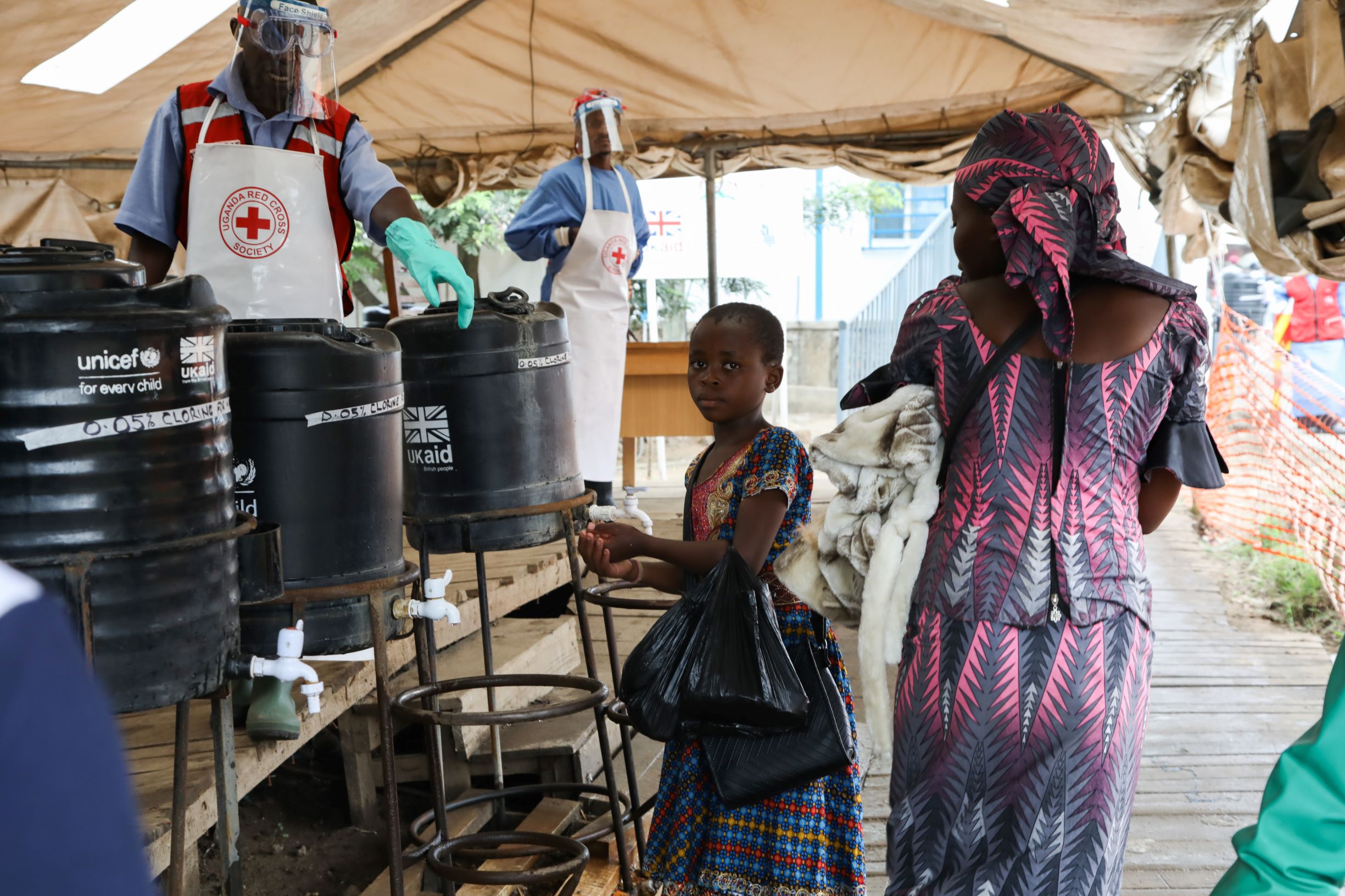The 2014–2016 West African Ebola crisis was contained by combining biomedical interventions with social science intelligence, an approach that may hold the key to managing the current COVID-19 pandemic and future outbreaks.
The West African Ebola outbreak was the largest in history, 28,616 infections and 11,310 deaths in Guinea, Liberia and Sierra Leone between 2014-2016. Declared a public health emergency of international concern (PHEIC) by WHO in August 2014, it triggered a coordinated international response. There was real concern that Ebola would spiral out of control. Yet, by March 2016, the crisis was declared to over.
International coordination was crucial in turning it around, in which the UK had a leading role.
The UK’s contribution comprised a valuable partnership between the natural and social sciences, lessons of which can be applied to the COVID-19 pandemic today.
Understanding and containing the Ebola virus
The UK has a long history of outbreak response, applied by sending researchers to European Mobile Labs (EMLabs), Guinea and Liberia, and the Public Health England (PHE) lab, Sierra Leone. Diagnostic research led to the publication of revised patient management guidelines.
In 2014, Wellcome and DFID launched a £6.5 million emergency humanitarian research fund, investigating approaches to combating Ebola; awarding eight Research for Health in Humanitarian Crises (R2HC) grants.
Ebola spread far and quickly not only because of contagiousness, but also because of social conditions. Conflict, poverty and weak health systems undermined trust between communities and government.
The Ebola Response Anthropology Platform (ERAP)
ERAP – R2HC grant, IDS partnership with anthropologists at LSHTM and in Sierra Leone – aimed to support and rapidly publish socio-cultural research on Ebola. Deploying ‘social science intelligence’ to compromise between traditional practices for patient care and management of dead, as well as a biomedical focus on reducing new cases. Briefings to the Scientific Advisory Group for Emergencies (SAGE) directly influenced the UK Government’s response in Sierra Leone and was widely acknowledged to significantly impact humanitarian intervention successes.
Fast-tracking a vaccine
Ebola vaccines were under development long before 2014 – Porton Down facility (now run by PHE) undertook Ebola virus studies since 1977. However, efforts were redoubled by UK and US pharmaceutical companies during the outbreak. Affected countries and WHO authorised administration of experimental vaccines due to the urgency of the situation. Merck’s rVSV-ZEBOV vaccine (in the US, with UK-funded support) and Gavi’s cAd3-EBOZ vaccine (in the UK) undertook trials. Gavi’s Vaccine Alliance (substantial UK funding) committed US$300 million for vaccine procurement.
Combating the current Eastern Congo crisis
Following this outbreak, DFID boosted its early-warning system. The UK set up a £188 million fund to fight diseases with epidemic potential. The international community was better prepared when the Ebola outbreak in the Democratic Republic of the Congo (DRC) was declared a PHEIC in July 2019, with six diagnostic tools; a global network of medical professionals; and the safe and effective Merck vaccine – over 111,000 vaccinated by May 2018.
Social science intelligence is now embedded with the IDS-hosted Social Science in Humanitarian Action Platform (SSHAP) providing briefings and remote support to operational agencies. The UK Government has advocated a holistic approach and is committed to “stay the course … until Ebola is defeated”.
